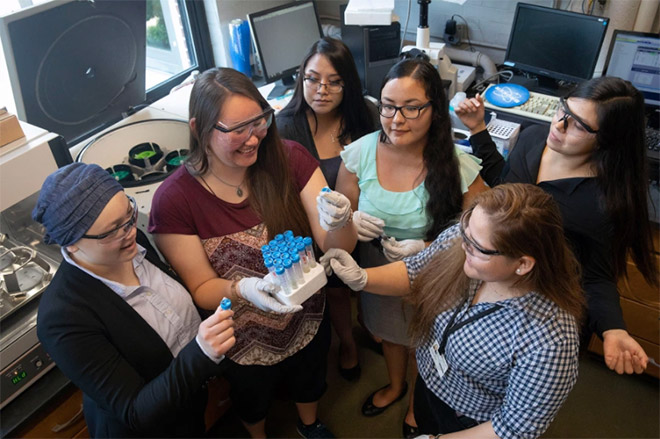NEWSLETTER
|
A Small Grant Can Go a Long Way: Norm Collins and Contributions to Native American Governance By Michael Lipsky
Since the late 1990s, I have been associated with “Honoring Nations”, a program, begun in 1998 with a Ford Foundation grant that promotes excellence in governance among American Indian nations.
At the Foundation, the program was linked to others around the world that adapted the model of Innovations in American Government—the flagship Governance grant program of the era—to other governmental environments around the world.
Sometime after the initial grant was made, I learned that the researchers whose work is at the heart of the program got their start a decade earlier with help from a small Foundation grant recommended by Norman R. Collins, the Director of the Rural Poverty and Resources program.
In December, after learning that Norm had died, I thought I would try to tell the story of this chain of grant making, and how I understand its significance. “A Small Grant Can Go a Long Way: Building Support for Native American Governance” now appears on HistPhil, the online journal dedicated to the history of philanthropy.
(See an obituary of Norm Collins, including a tribute from Charles Bailey.)
Here are the first paragraphs of my article:
“Discussion of the contributions of philanthropy to U.S. society tends to focus on large initiatives with clear, dramatic impacts. Examples include the Green Revolution, the 911 emergency-response system, the Public Broadcasting System, and community-development corporations.
“But small grants can make a difference, too. A small grant can unleash creativity in a timely way. It can provide strategic support to entrepreneurs, organizers and intellectuals. One such grant has represented for me a powerful example of how grant makers can make a difference with limited funds.
“In 1986, Norm Collins, then the Director of the Rural Poverty and Resources program at the Ford Foundation, recommended a $35,000 grant to Harvard University to allow two young researchers to study the factors influencing the economic development of American Indian nations. The proposed grant fit into Norm’s personal and organizational agenda. Trained as an agricultural economist, he had spent the larger part of his career working for Ford in India, focused broadly on advancing the Green Revolution that promised to improve farmers’ productivity and reduce poverty in rural populations. In his subsequent New York assignment he focused on rural poverty in the United States, among other things. American Indians, rural but also urban, are by far the poorest group enumerated in the American census.
“The grant called for sociologist Stephen Cornell and economist Joe Kalt to spend the summer interviewing tribal leaders. Their objective was to make sense of why some tribes had vibrant economies while others struggled.
“There are over 570 American Indian nations in the United States. Some are economically successful. The Mississippi Band of Choctaw Indians, for example, is a commercial powerhouse employing thousands of workers, Native and non-Native, on a fragmented land base. Other tribal nations experience deep poverty even though their land base is much greater, and they are endowed with coal, uranium, timber or other sources of potential wealth.”
The article goes on to describe the creation of the Harvard Project on American Indian Economic Development; Honoring Nations, the awards program for extraordinary initiatives developed by tribal governments; and the Native Nations Institute at the University of Arizona that focuses on governance issues among indigenous peoples around the world.
Michael Lipsky worked in the Governance and Public Policy and Governance and Civil Society units at the Ford Foundation from 1991 to 2003.
|


